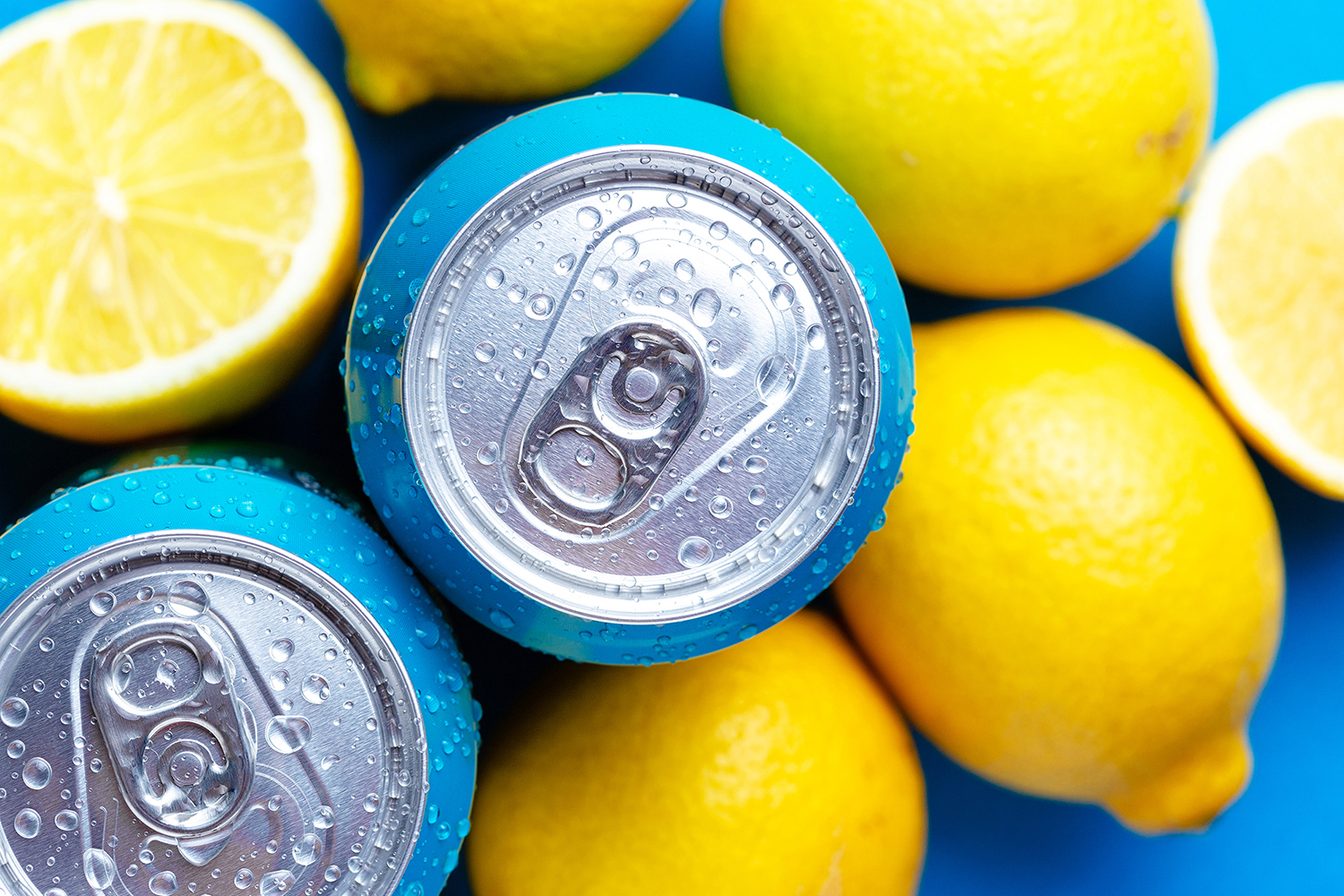
What is prebiotic soda and is it good for you?
Many are joining the trend of drinking prebiotic sodas without knowing what the health benefits and risks are. There are many different characteristics of prebiotic sodas that should be considered when consuming them.
What are prebiotics?
Prebiotic vs. probiotic
Probiotics are the actual live bacteria in the gut. Prebiotics are not live bacteria. They are additional “food” for the gut that help your gut grow healthy bacteria.
Our bodies need healthy bacteria in the gut to help with digestion of our foods. Gut health can have an impact on your overall health.
What is prebiotic soda?
Prebiotic sodas are carbonated soft drinks with added fiber. Fiber is great for preventing and reducing constipation, encouraging regular pooping and keeping you feeling full for longer. The drinks are often flavored to mimic regular soda.
The prebiotics in these sodas include kudzu root, Jerusalem artichoke, organic agave inulin, organic acacia fiber and nopal cactus.
Kombucha tea is another drink trend. However, unlike prebiotic soda, kombucha contains probiotics.
What are the health benefits of prebiotic soda?
There are many health benefits to prebiotics. Some benefits include improving blood sugar, preventing and reducing constipation and improving immune function. Prebiotics have even been shown to increase calcium absorption in our gut, helping with bone health and preventing osteoporosis.
Risks of prebiotic soda
Like regular soda, prebiotic sodas contain added sugars and sweeteners to improve flavor. Added sugars have been linked to many health conditions, such as diabetes and heart disease.
In addition, there are common side effects to consuming prebiotics, such as gas, bloating, abdominal cramping and diarrhea. For those with irritable bowel syndrome or disease, prebiotics may cause flare-ups.
While prebiotic sodas have been deemed safe to consume, the claims prebiotic soda companies make such as “no fake stuff” and “supports digestive health” have not been approved by the Food and Drug Administration (FDA). Don’t believe every claim that particular brands make. Read the nutrition labels to make sure you’re getting what the products claim.
How many prebiotic sodas can I have a day?
There are few guidelines on a daily allowance for prebiotics. A general recommendation is 5 grams (g) of prebiotics daily. The amount in a prebiotic soda can differ depending on brand. Olipop has roughly 9g of prebiotics per can. Health Ade Sunsip and Poppi Prebiotic Soda have 2g of prebiotics per can.
Who shouldn’t drink prebiotic soda?
There’s no consensus on whether it’s bad for these groups of people. But people in “risk groups” should be wary of trends in general. Children, people with compromised immune systems, people with digestive conditions and pregnant women should not drink prebiotic soda. Instead, people in these groups are better off getting their prebiotics through food.
What are the best prebiotics?
The prebiotics in our food are found directly in the food source. However, in sodas, prebiotics are added into the drink.
Foods with natural prebiotics
Prebiotics are found naturally in many of the foods we may eat already.
- Bananas
- Asparagus
- Whole grains
- Almonds
- Beans
- Peas
- Garlic
- Onion
All in all, prebiotic sodas have been considered safe to consume, but there are not many studies on the long-term health effects. It’s best to consume prebiotics in foods that contain natural prebiotics.